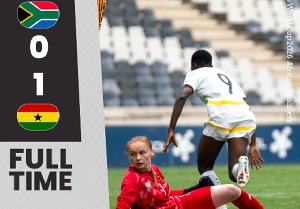Nigeria’s naira has fallen to its weakest level in six weeks in informal trading as the central bank’s interventions in the official window failed to meet demand.
The local unit changed hands for 470 per dollar on Friday, the weakest since September 29, according to abokifx.com, a website that collates street rates in Lagos. The Naira closed at 382.10 per dollar on the spot market, where the central bank sells limited amounts of the greenback to importers.
The money available in the official window is insufficient to meet demand, Julius Tayo-Olufemi, chief executive officer of Cephas Grace International Ltd., which imports home appliances, said by phone. “On a monthly basis, I need about US$100,000 to US$150,000 and the maximum I can get at the controlled price is US$20,000 per quarter. So I have to sort out the remaining balance myself.”
The Naira has lost all the ground it gained after the regulator started weekly interventions, signaling the continuous existence of pent-up demand for the greenback.
The Abuja-based central bank resumed sales to licensed bureau de change operators in September after the country opened up international travel following the lifting of Covid-19 restrictions.
Not Enough
Naira weakens in black market despite central bank forex interventions
Yearly Christmas season import bill pressure, which usually starts late November and disappears in January, may be coming early, Omotola Abimbola, analyst at Chapel Hill Denham said.
The regulator has always increased intervention sales to money changers, but “they are a bit hampered this time around,” he said.
The central bank has introduced new regulations limiting access to foreign exchange, including barring firms from using third parties and agents to import goods.
“A better system should have been put in place to checkmate those who are abusing the opportunity without affecting those doing legitimate business,” Tayo-Olufemi said.
Africa Business News of Saturday, 14 November 2020
Source: bloomberg.com
Nigeria’s naira falls to its weakest level in six weeks
Entertainment












